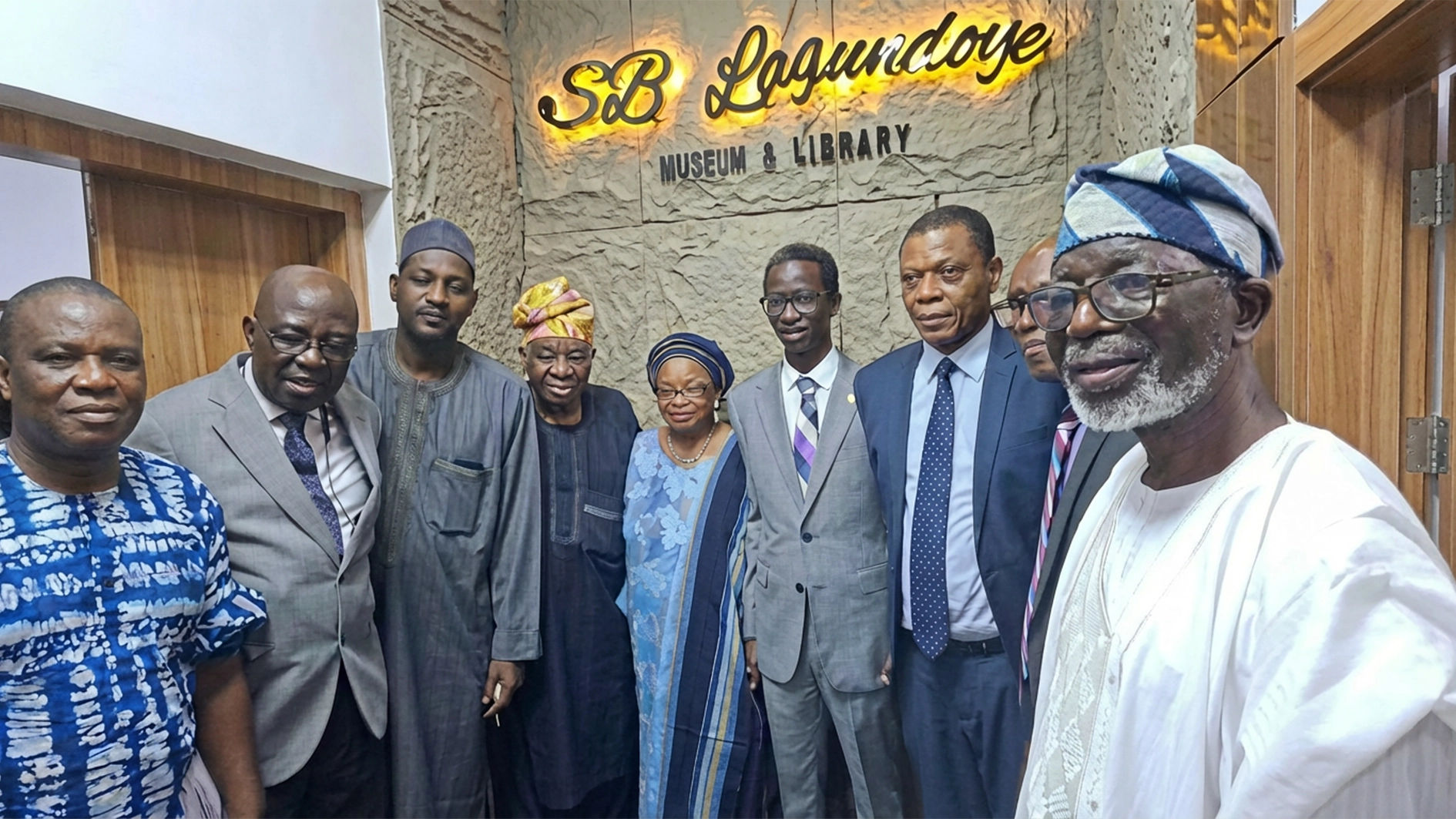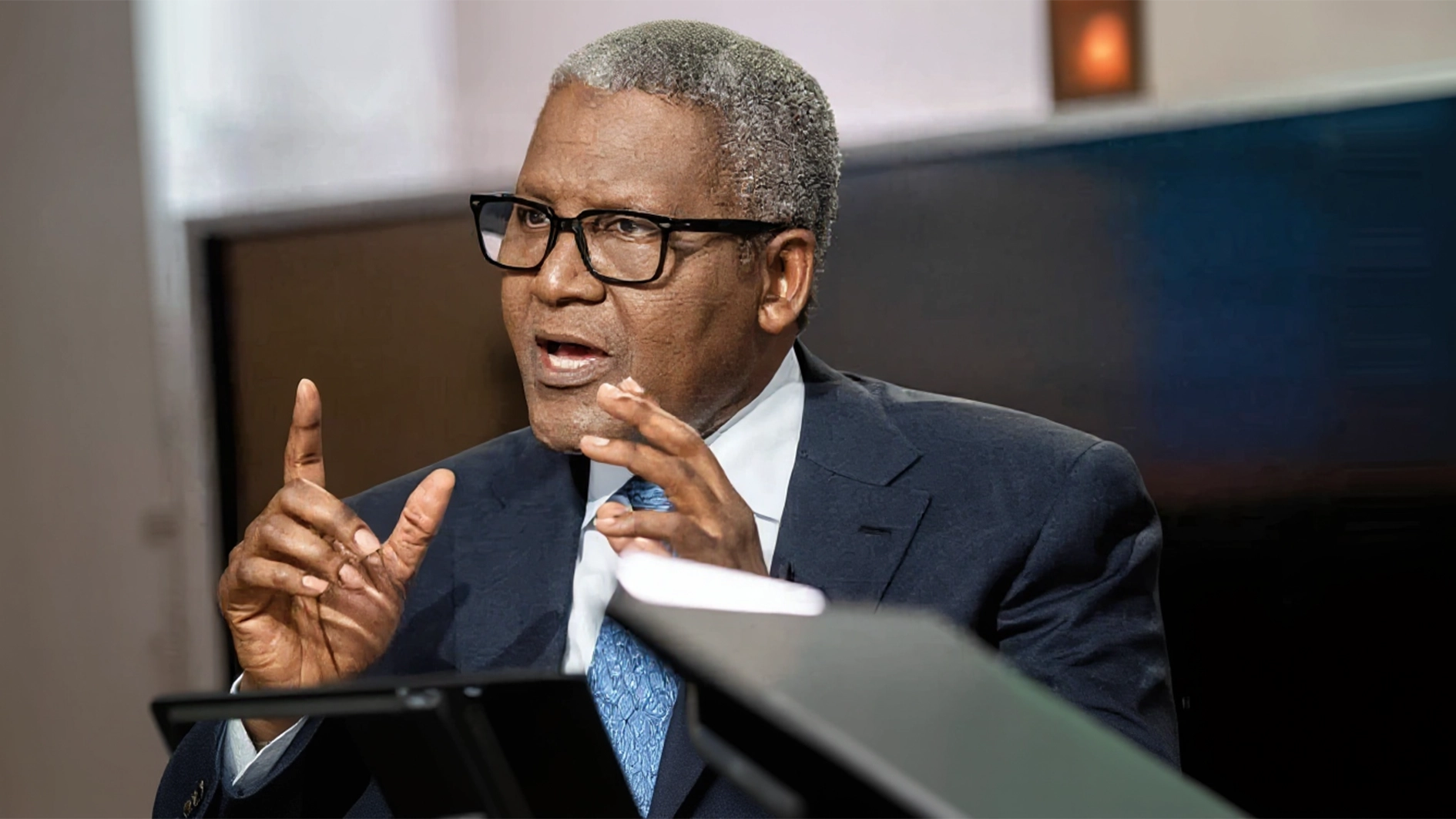
• We are ready to reopen, say Vice Chancellors
As schools prepare to reopen on Monday, the Academic Staff Union of Universities (ASUU) has expressed doubts over institutions’ readiness to resume.
But the Senior Staff Association of Nigerian Universities (SSANU), while faulting ASUU’s position said all stakeholders, including the unions, governing councils and government have a moral burden to ensure that universities are opened after one year of closure.
Speaking in an interview, ASUU national President, Prof Biodun Ogunyemi wondered how universities will cope when government had yet to put necessary safety measures in place.
Although Ogunyemi said some universities were exploring opportunities available like adopting hybrid learning and using learning management systems, he noted that these efforts were limited as the institutions would get to a point they will need funds.
Ogunyemi said if government had assisted universities with revitalisation funds, the intervention would have assisted public universities with online learning during COVID-19 pandemic.
“For instance, universities don’t have functional ICTs; and we need huge funds to do this. When ASUU was talking about revitalisation in 2012 and government introduced the NEEDS Assessment for universities, we expected government to continue along that line, so that in a situation like this, we could easily adapt.
“Take a look at higher institutions in other climes, for instance South Africa, even though they locked down, learning was going on because the needed infrastructures were in place. We don’t see that happening here because we know more than 60 per cent of our students would run into problems; they cannot afford data on their own, the Wifi you expect to see on campuses is not there and we found that over 60 per cent of students cannot afford android phones. What happens to crowded classrooms and hostels?
“Those are not things ASUU can address without a major intervention.We have this limited capacity, which government should carry and ensure that the environment is made conducive for alternative models of teaching and learning,” Ogunyemi added.
But National Vice President of SSANU, Abdussobour Salaam said while there are challenges in the nation’s educational system, it is not enough for ASUU to insist that universities should remain closed.
Salaam said having lost one academic year to ASUU strike, it would be morally wrong to insist that students should continue to stay at home because universities are not prepared to reopen.
“We have a moral challenge; we have a situation where students have been home, not necessarily because of pandemic but on account of an industrial action, but the reality is that now that it has been put behind us, we must find ways of ensuring that the system resumes.
“And that raises a number of questions, one of which is that as far as universities are concerned and based on the principle of autonomy, universities are government themselves and should be able to devise means to function in case of what is before us now; not for us to be seeking interventions from government,” Salaam stated.

While government can assist in emergency situations, Salaam noted that beyond asking for government intervention, university managers and stakeholders should be able to look inwards and proffer solutions.
He said, “When you talk of government in universities, you are talking of council and Senate. It places a moral burden on academics to look at the challenges we have; we are talking of the problem of data, WiFi etc, I think some of these things can be domesticated within the context of Nigeria. The people who originated them did so to solve a problem and if we are academics, we work in a system where we are expected to research and innovate, I think what we need to do is to look at our own local challenges and see how we can bridge the gap.
“How can we surmount the challenges within the context of our environment? Alternative platforms may not necessarily have to do with online classes, data or WiFi. For example, recorded classes by lecturers could assist. Lectures can be recorded and circulated through various means, and students at their convenience could go through the lectures without necessarily attending classes,” the union leader added.
MEANWHILE, Vice Chancellors of some federal and state universities have expressed readiness to reopen schools.
VC of the Federal University of Agriculture, Abeokuta (FUNAAB), Prof. Felix Salako, said the school would resume academic activities on Monday, in compliance with the directives of the Federal Government. Salako said measures had been put in place, including COVID-19 protocols as stipulated by the Federal Government.
He said the school had undergone fumigation more than 10 times since March 2020, just as there had been massive infrastructural rehabilitation.
He added that management had been producing its own hand sanitisers, and procured wash hand basins and soaps needed to keep students and members of staff safe from the virus.
The VC also said the university would be running hybrid teaching, a mix of physical and virtual learning.
Some Vice Chancellors also announced plans to stagger resumption.






